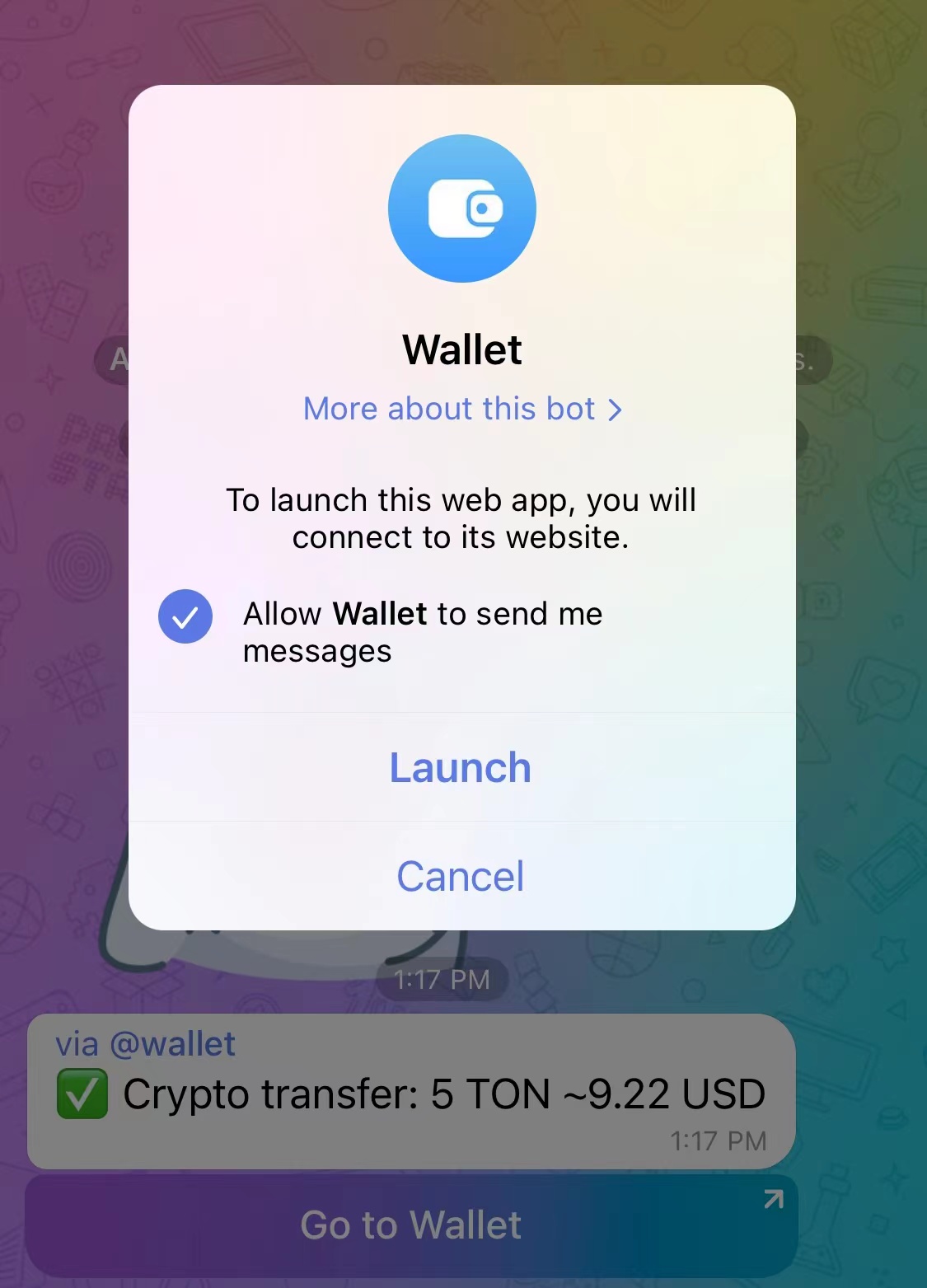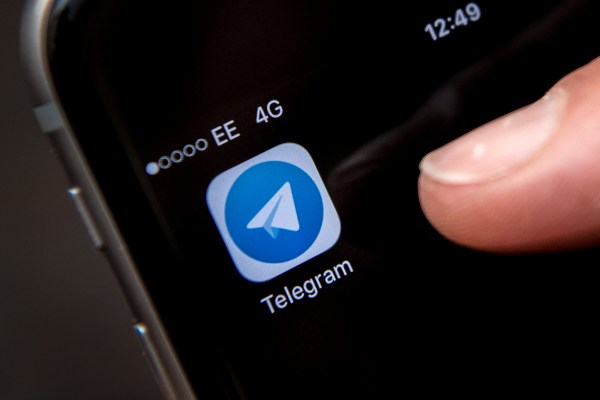Telegram, the popular chat app with 800 million monthly active users, is getting a self-custodial crypto wallet. The move is set to solidify its presence in the vibrant crypto community that has emerged from its chat platform and can potentially help drive the masses into the crypto space.
Telegram and TON Foundation jointly announced the new self-custodial wallet, called TON Space, on Wednesday at Singapore’s Token2049 crypto conference, which boasts more than 10,000 attendees. Ever since the FTX implosion, the crypto community has undergone a great reckoning, realizing the need for self-custodial wallets over centralized ones where users have no control over their digital assets.
It’s worth noting that the wallet wasn’t built by Telegram itself, and the fact that it was a joint announcement brings attention to the history of its complicated relationship with blockchain.
In 2020, the messenger abandoned its Telegram Open Network (TON) blockchain project after the U.S. Securities and Exchange Commission sued it over a massive initial coin offering. A group of open source developers and blockchain enthusiasts subsequently founded The Open Network Foundation (TON Foundation), which is now supporting the development of The Open Network (TON), the blockchain powering a growing number of applications on Telegram, including the self-custodial wallet.
The wallet is the brainchild of a company called The Open Platform (TOP), which includes a wallet development team and a venture-building division, the TOP Labs, that works closely with the TON ecosystem and has a portfolio of TON-based apps.

Receiving TON, the native token of the TON blockchain network, on Telegram. Image Credits: TechCrunch
Starting in November, TON Space will be available to Telegram’s global users without the need for any wallet registration. The feature is an extension to the existing custodial version of the Telegram wallet, which has amassed three million registered users so far. The self-custodial wallet has excluded certain jurisdictions for now, such as the U.S., which has launched a series of crackdowns on the crypto industry and promoted many crypto apps to geofence users from the market.
A mini app ecosystem powered by blockchain
TON Space is just one of a growing list of third-party mini apps that run inside Telegram. The messenger is evolving into some sort of a “super app,” an idea first popularized by WeChat. But its approach has been quite different from that of the Chinese chat app, which builds and controls its own payment solution. First, Telegram has opted for decentralized payments. Second, developers can create crypto-compatible mini apps by integrating with the TON Space wallet, rather than through some centralized solution built by the messenger.
The benefit of having a crypto wallet in Telegram is the potential to introduce a substantial number of users, many of whom are unbanked populations in developing countries, to digital assets.
Having a self-custodial wallet enables developers to manage the flow of digital assets through their projects. “Imagine that there is, for example, a private community. And in order to get access to this community, you need to get some sort of NFT-based key, some kind of entry card, and [the user can] receive this in the self-custodial wallet,” Andrew Rogozov, CEO of TOP and former CEO of Russian social networking media VK, told TechCrunch in an interview.
There is a plethora of crypto wallets contending outside the Telegram ecosystem. Their limitation, according to Rogozov, is that “first of all, you need to create a wallet. And usually, it’s a complex procedure, so the conversion to the installation of these wallets is very low… The second problem is that [website-based] wallets don’t have distribution.” To help popularize decentralized apps, Telegram is giving priority access for TON projects and partners to its global advertising platform.
The encrypted chat app Signal also has a crypto payments solution developed by a third-party partner, MobileCoin. While the two solutions might be seen as competing, Halil Mirakhmed, COO of Wallet, the team behind TON Space, reckoned they attract quite different users.
“[Signal] doesn’t have the platform or the community in order to have a social interaction and social discussion of crypto within its app. Because it’s end to end, there’s no ability to create a community,” he said.
Update: The article was corrected on September 13, 2023, to clarify the relationship between TON, TON Foundation and TOP, and the wallet’s launch schedule.
